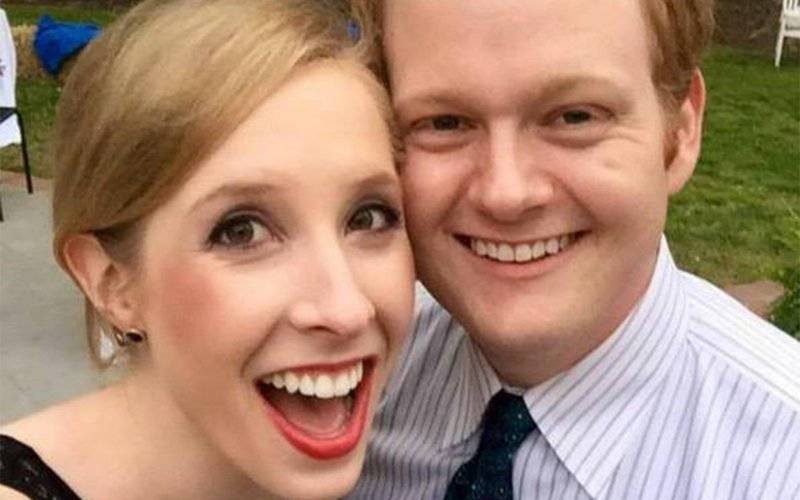
"Social threat" is the psychologists' term for the urge to recast events that threaten our identities in new lights; it's the phenomenon behind some gun advocates' insistence that mass shootings are false-flag ops cooked up by governments to take away Americans' guns.
This is incredibly hard on the survivors of shootings, the widows and widowers and parents and children of the senselessly slain, who find their inboxes filled with angry messages accusing them of participating in a hoax. Their grief is evidence of overacting; their stoicism is evidence of their lack of acting ability. The cruelty is nearly unimaginable.
“If I am indeed wrong then I feel bad for the guy. It’s a terrible tragedy. But that doesn’t mean I’m not gonna have my opinion. That’s just what I see,” he says. “If that happened to me—and it really did happen—and people were calling it a false flag or a hoax, I would disagree with them. But I would have to respect their freedom of speech.”
But really, Thom, really, this is the worst thing that could happen to anyone. He watched his to-be fiancée die in an unrepeatable way. He almost evaded seeing a picture of her death until the morning after it happened, but he didn’t. He couldn’t. He saw it on the cover of the New York Daily News. He saw his soulmate shot in three frames, one alive, one bracing for a bullet, and one as she was dying, and he writes to me and he says, “I broke when I saw the Daily News.” And then he goes onto his Facebook wall one morning and someone says that she was an actor all along, or that she’s alive on an island somewhere, or that he was part of her death, or that he and the love of his life were never in love all along and this was you, Thom, and now this happens every morning, and this was you who started it, Thom, I mean, really, Thom, really.
“If I’m wrong, my heart goes out to Alison’s family and Chris Hurst, but it’s my opinion that it’s not obviously wrong.”
What Do You Say to a Roanoke Truther? [Ben Collins/Daily Beast]
(via Kottke)





